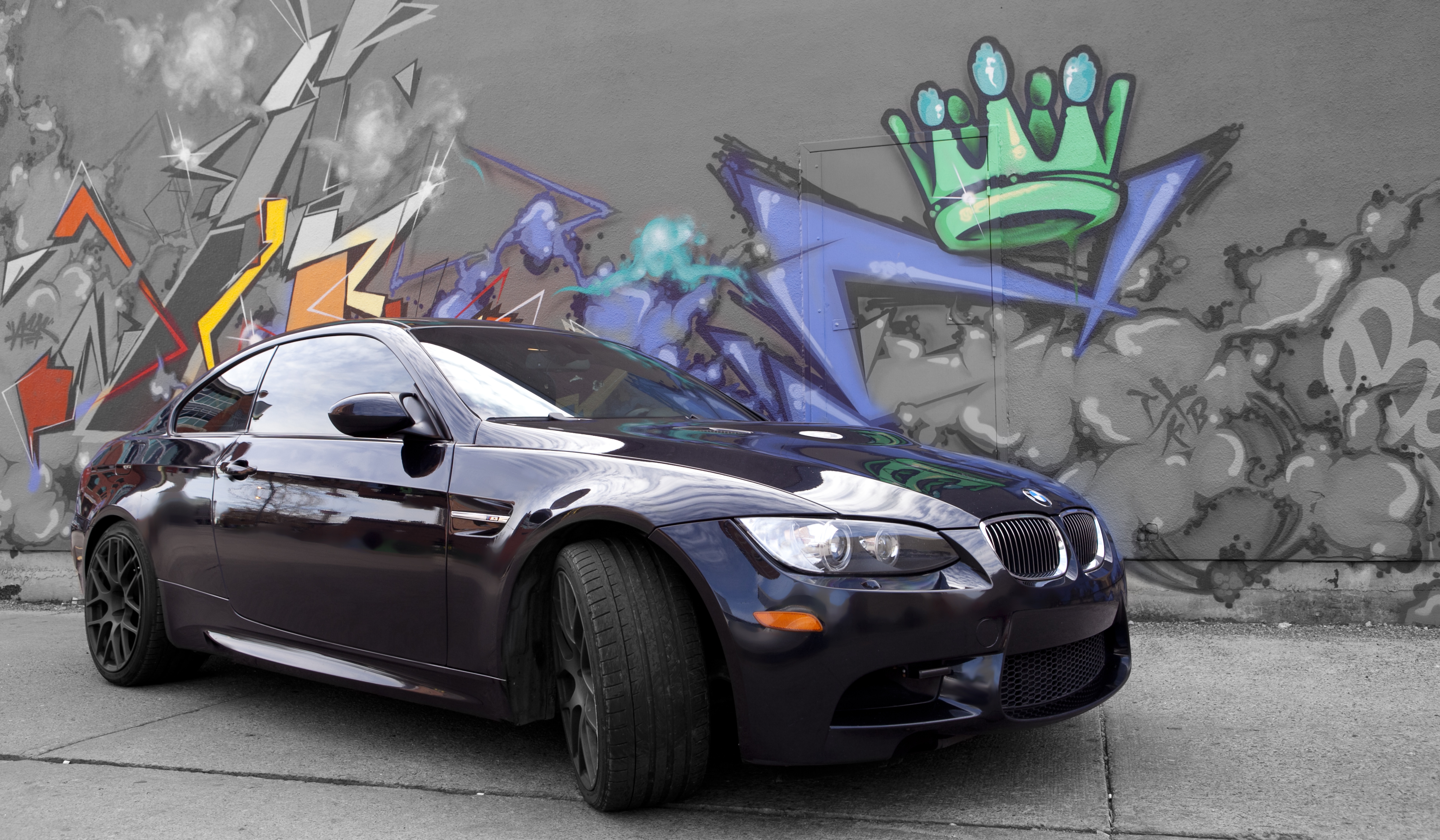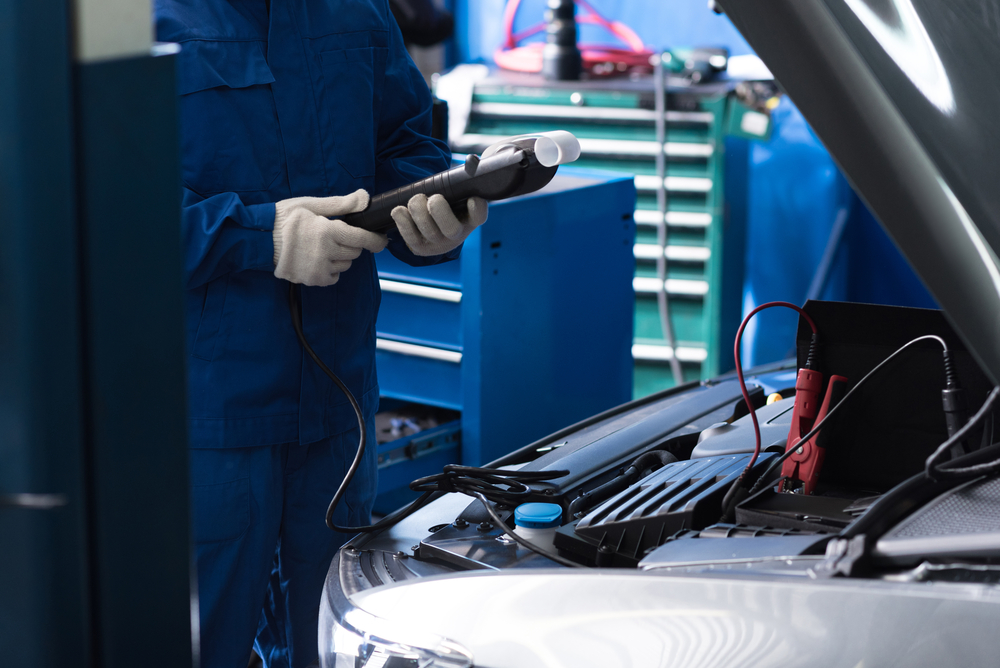Taking care of a vehicle during winter involves a lot of attention and care. However, it’s not just about how your BMW runs or looks, it’s also about how you operate it. Unfortunately, there are quite a few winter driving myths out there to address! Here are just a few.
Cruise Control
While it may be convenient to use cruise control during that long winter trip to see family during the holidays, handing over this amount of control to your vehicle is very unwise in low traction situations. If an obstacle presents itself and you need to brake and make a sudden adjustment to your course, having the cruise control engaged means you’ll likely be unable to regain control in time. What’s more, your BMW’s cruise control could apply automatic acceleration at a hazardous moment, such as during a skid, leading you to hydroplane. The bottom line? During winter, cruise control means you lose control!
The Superiority of SUVs
Many drivers are led to believe that SUVs provide the absolute best in safety and performance everywhere you drive them. BMW SUVs are indeed outfitted with plenty of excellent features that improve stability and control when navigating irregular terrain off-road. However, it’s a mistake to assume that an SUV will give you optimum safety on paved roads that have been overcome with ice during winter. In this regard, they’re not necessarily better than a well-engineered sedan. Never assume that the type of vehicle you use is a replacement for smart, attentive driving at this time of year.
Skidding and Braking
There are few things more nerve-racking than the moment you realize you’re starting to lose control of your vehicle on a slick road. Drivers will deal with this situation differently depending on what source they’ve gotten their information from. As expected, there are plenty of misconceptions. For one thing, it’s often recommended not to engage the emergency brake, or to brake at all, as this can make the situation much worse. Turn into the skid, gently accelerate, and keep your eyes on where you want your vehicle to go. Drive with attention and care so that you can keep your vehicle, yourself, and your passengers safe!
Whether you’re maintaining your BMW or getting better at driving it, owning a performance vehicle is an adventure we’re just as inspired by as you. That’s why the Motorwerkes team will always provide the best BMW-certified maintenance. Call us at (403) 768-3165 today!





